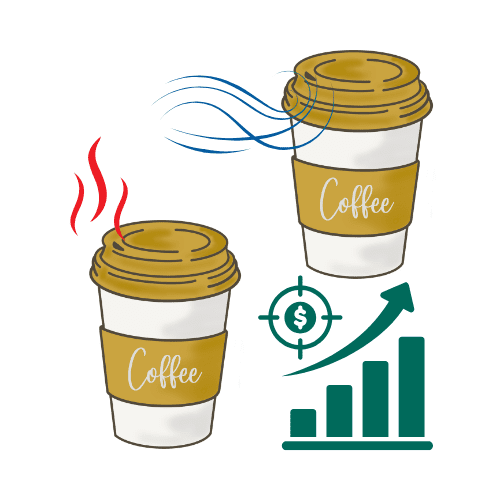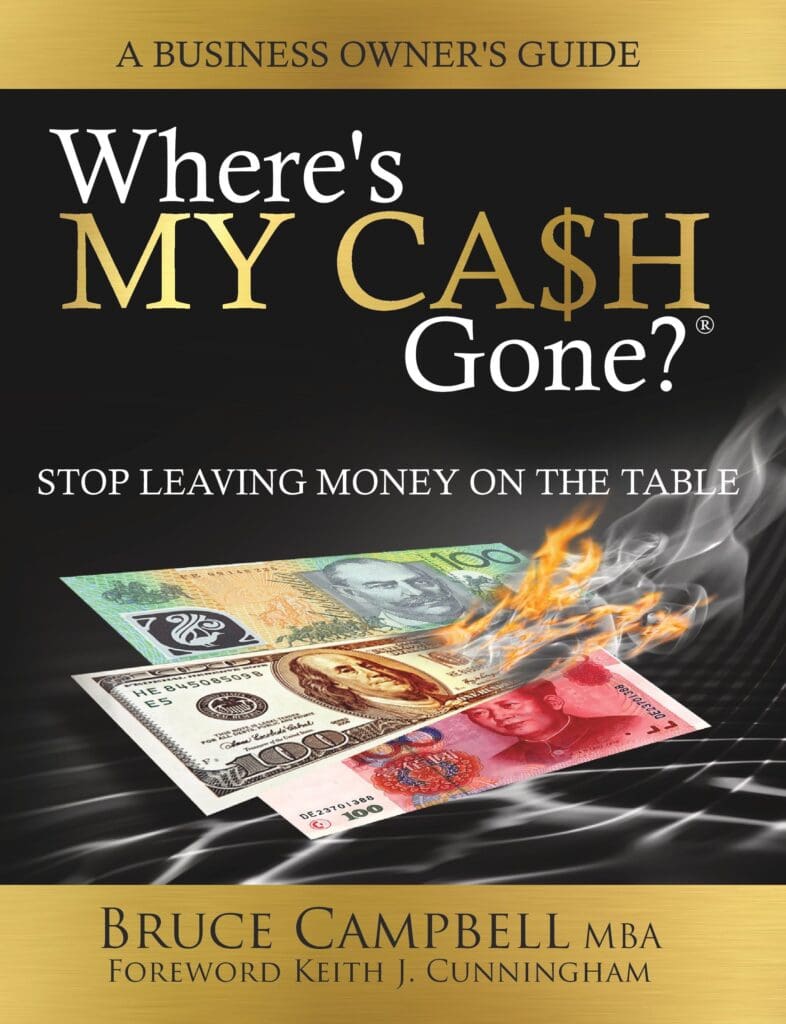The Cup of Coffee Rule: The Secret to Better Sales Conversations
When it comes to improving your sales performance, there’s one deceptively simple rule that can completely transform how you connect with potential clients ; the Cup of Coffee Rule.
At its heart, this principle is about mastering one of the most critical skills in sales: the ability to listen more than you talk.
Whether you’re in retail, B2B sales, or running client meetings, understanding and applying this rule can elevate your results, build stronger relationships, and significantly increase your conversion rate.
What Is the Cup of Coffee Rule?
The idea behind the Cup of Coffee Rule is that in every sales interaction, whether it lasts a few minutes or a few hours, both you and your prospect are metaphorically holding a cup of coffee.
The rule states:
- You drink your coffee hot.
- They drink their coffee cold.
In other words, you’re doing less talking and more listening.
You sip quietly while your customer talks.
You ask great questions.
You let them explain what they need, what they value, and what problems they’re trying to solve.
It’s based on a simple principle:
“We have two ears and one mouth for a reason – use them in that ratio.”
Why Listening Wins in Sales
Sales isn’t about pushing your product; it’s about solving your customer’s problem. The only way to do that effectively is to understand their situation deeply, and that requires curiosity and patience.
When you dominate the conversation, you’re guessing what the customer needs. But when you ask the right questions and truly listen, you discover valuable insights that allow you to present a solution that feels tailor-made.
High-performing sales professionals don’t focus on closing; they focus on understanding.
The Power of Quality Questions
The quality of your questions directly determines the quality of your outcomes.
-
Ask high-quality questions, and you’ll get high-quality outcomes.
-
Ask average questions, and you’ll get average outcomes.
-
Ask no questions, and you’ll likely get no outcome at all.
For example, imagine walking into an appliance store to buy a fridge. A typical salesperson might jump straight into showing you models, prices, and promotions, talking endlessly without learning a single thing about what you actually need.
A skilled salesperson, however, would ask:
-
“How many people are in your household?”
-
“Do you prefer freezer-on-top or bottom models?”
-
“What size space are you working with?”
-
“What’s most important to you ; energy efficiency, design, or storage?”
By doing this, they’re not just selling a fridge, they’re helping you find the right solution.
How to Apply the Cup of Coffee Rule in Your Business
Whether you’re on the phone, in a retail space, or consulting one-on-one, here’s how to apply this powerful rule:
-
Start with curiosity.
Approach every interaction as an opportunity to learn something new about your customer. -
Ask, then pause.
Give people the time and space to respond fully. Resist the urge to jump in or fill silences. -
Go deeper.
Follow up with probing questions to clarify and uncover the “why” behind their answers. -
Summarise and confirm.
Reflect back what you’ve heard to show understanding and ensure accuracy. -
Only then, offer your solution.
Once you clearly understand their problem, position your product or service as the logical answer.
Why This Rule Works
The Cup of Coffee Rule works because it builds trust, connection, and credibility, the three pillars of successful sales.
When customers feel heard, they’re more open, more confident, and more likely to buy. Listening also differentiates you from the majority of salespeople who talk too much and listen too little.
It’s not about being the loudest in the room; it’s about being the most attentive.
Key Takeaway
The next time you sit down with a prospect, ask yourself:
-
Are you drinking your coffee hot (listening)?
-
Or are you drinking it cold (doing all the talking)?
Master this small shift, and you’ll not only sell more – you’ll serve better, connect deeper, and turn prospects into lifelong clients.


